Civil Society Talks with EC: Call for army in polls, 'no vote' system
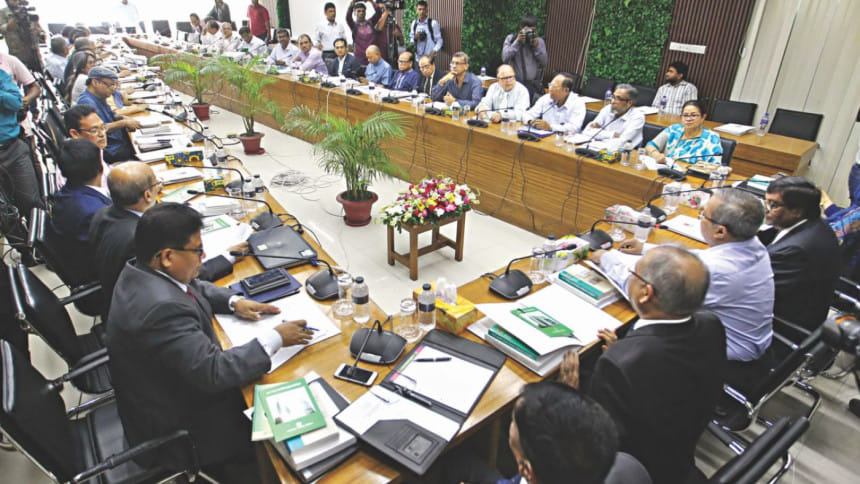
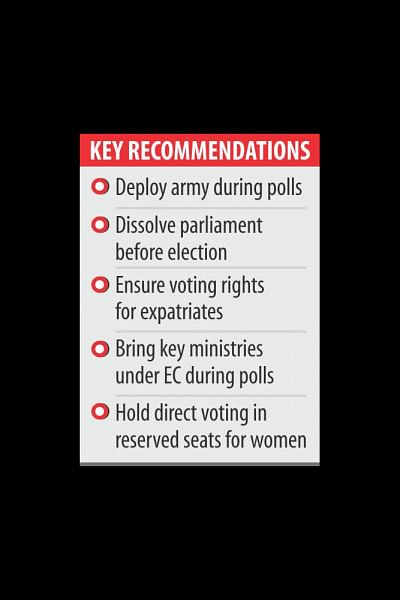
Most civil society members during talks with the Election Commission yesterday spoke for restoring “no vote” system and ensuring a level-playing field for all political parties to hold the next election in a free, fair and participatory manner.
They also suggested army be deployed alongside regular law enforcers during the polls, due in January 2019, to remove fear among voters, candidates and election officials.
Most of the participants disagreed with the chief election commissioner's recent remarks that the EC had nothing to do if activities of a registered political party are hampered before the polls schedule is announced.
The civil society personalities urged the EC to work for bringing back people's confidence in it and suggested that the Jatiya Sangsad be dissolved ahead of the election.
As part of its election roadmap, the EC had invited 59 civil society members to join the talks in which 35 participated while some others expressed their inability to attend for personal reasons.
The dialogue began around 11:00am at the EC Secretariat with the chief election commissioner in the chair and ended at 4:15pm with a lunch break for an hour.
The civil society members were the first to hold talks with the Commission, which will also sit with with 40 registered political parties, women leaders and the media.
Talking to reporters later, CEC KM Nurul Huda said the dialogue would have an impact on the government as well as political parties and help them reach a consensus over the election.
“I think the messages of the people and the civil society members will reach the government and the opposition parties, including those out of parliament. I hope they reach a consensus,” he said.
At the end of the dialogue with all stakeholders, the EC will sit with government representatives to discuss the ways to hold the election freely and fairly.
“We are holding talks with the stakeholders as part of our initiative to earn people's trust,” he said, referring to the civil society members' suggestion on this.
After the dialogue, where reporters were not allowed in, former caretaker government adviser M Hafizuddin Khan said that for an inclusive election, there should be a level-playing field.
"The Election Commission should tell the government what it wants to do. Also, it has to start working even before the announcement of election schedule for the sake of a free and fair election," said Hafizuddin, also president of Sujan, a citizen platform for good governance.
Debapriya Bhattacharya, a distinguished fellow at the Centre for Policy Dialogue, said the main takeaway from the discussion was that the EC must earn people's trust.
The EC has to play a strong and an independent role and its action must be visible, he said, adding that they also discussed what the EC could do to ensure neutrality of the administration.
There was a “huge consensus” on restoration of “no vote,” he added.
The provision was introduced by the caretaker government before the 2008 election, but it was scrapped by the Awami League government in 2009.
India, Pakistan, Greece, Russia and Ukraine, among other countries, have the “no vote” system.
Former caretaker government adviser Hossain Zillur Rahman said deployment of army should get importance to remove fear of voters, candidates and election officials.
Also, parliament should be dissolved before the election to prevent lawmakers from influencing the polls, he said.
Under the constitutional provision introduced in 2011, the next election will be held within 90 days before the tenure of the current House expires.
Regarding the polls-time government, Zillur said, “It is a political issue and talks should be held among the political parties on this.”
Former cabinet secretary Ali Imam Majumder said the EC should gain power and exercise it to reduce politicisation in the administration.
Former bureaucrat Sadat Hossain said the home ministry, finance ministry, public administration ministry, LGRD ministry and information ministry should be under the EC's jurisdiction during election.
Former ambassador Waliur Rahman, however, said there was no need for army deployment, and more importantly, they “do not want to come”.
He also opposed the idea of dissolving parliament, saying that would require constitutional amendment.
TIB Executive Director Iftekharuzzaman said the EC needed an effective leadership for it to earn public confidence. He suggested effective enforcement of electoral laws and ensuring transparency in campaign finance and expenditure.
Prof Asif Nazrul of Dhaka University stressed the need for ensuring a congenial environment so that no one got scared to come to the polling stations.
Supporting the restoration of “no vote,” he said, “This is practised across the world. Also, it must be ensured that no one gets elected uncontested.” Political scientist Dr Dilara Chowdhury suggested that the armed forces be given the power they had during the 2008 parliamentary election.
At the time, members of armed forces engaged in polls duty were empowered to arrest anybody without warrant during voting for gross violation of electoral laws. But the provision was scrapped in 2009.
Dilara said she personally believed that the idea of a free and fair election under the current polls-time government system is absurd because parliament would be functional. “Can we imagine 300 people running against 300 lawmakers? It is impossible."

 For all latest news, follow The Daily Star's Google News channel.
For all latest news, follow The Daily Star's Google News channel. 

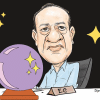
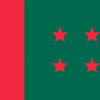

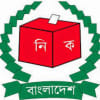
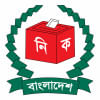


Comments